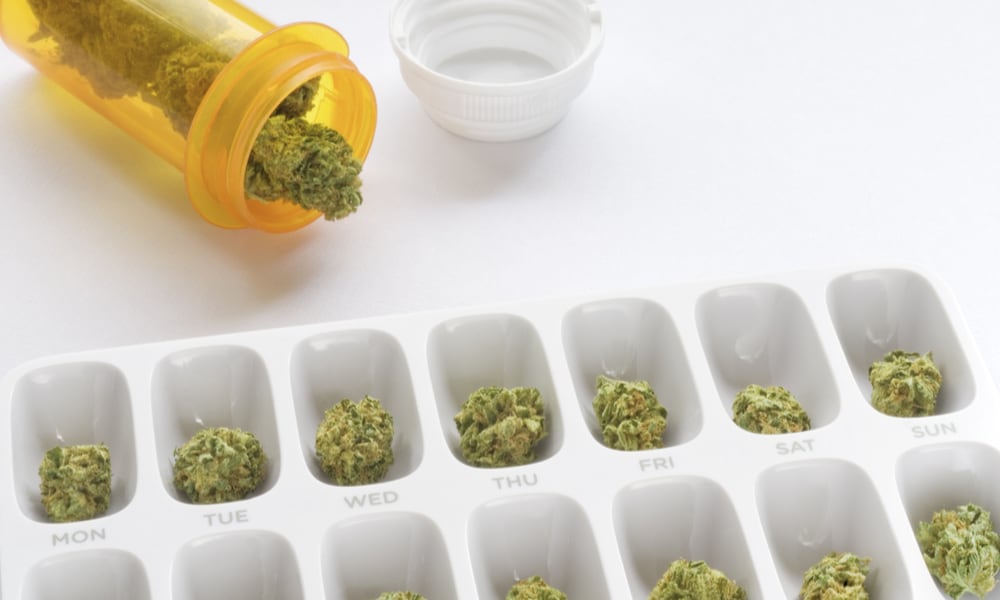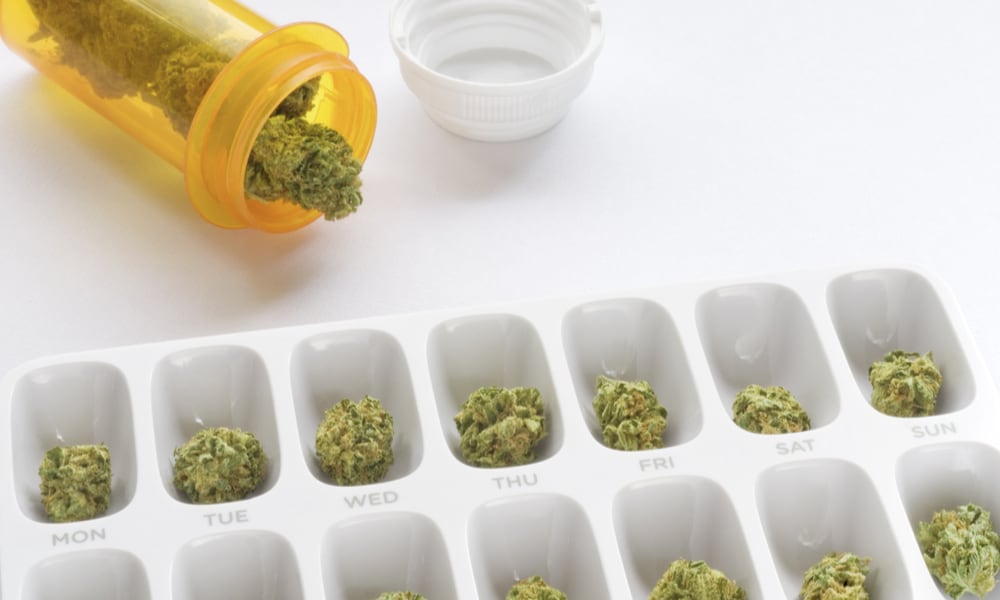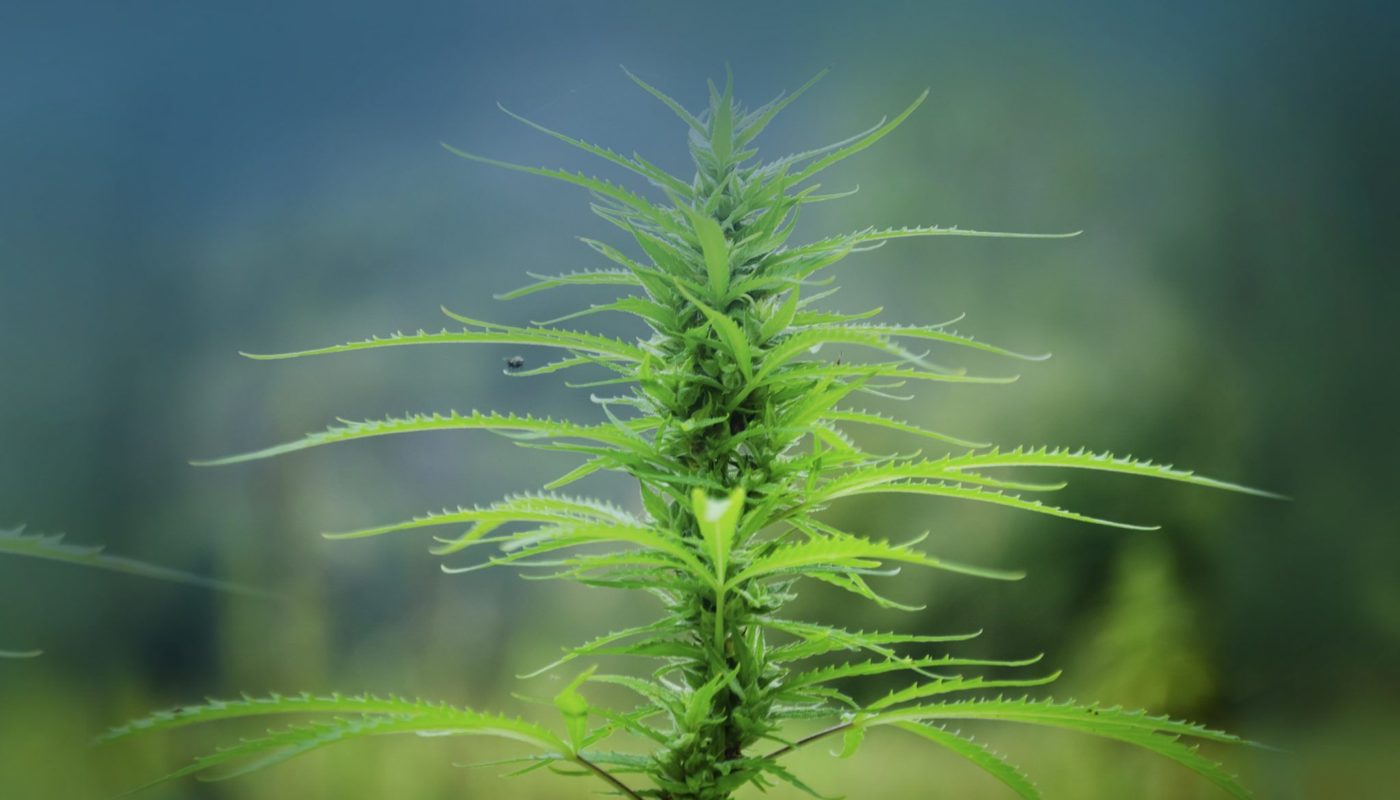
Medical marijuana is legal in 33 U.S. states and the District of Columbia. But less than half of those states honor medical marijuana patient registrations from other states. As a result, patients who travel out-of-state are often unable to legally access medical cannabis away from home. And in southern states, where medical cannabis use is more restricted, reciprocity programs are even harder to come by. But a bi-partisan coalition of Florida lawmakers are aiming to make their state more welcoming to medical marijuana patients. On Monday, they announced a pair of bills to provide medical cannabis reciprocity for non-resident patients and caregivers.
Florida Wants to Be the Next Southern State to Honor Non-Residents’ Medical Cards
The Florida Senate and House have each filed their own version of a bill to bring medical marijuana reciprocity to Florida. Both bills would make non-resident eligibility a simple question of a patient’s or caregiver’s status in another state. In other words, valid medical cannabis authorizations from other states would have the same authority as medical cards issued in Florida. However, non-resident patients and caregivers would have to follow Florida’s medical cannabis laws, not those of their home state.
But obtaining and using medical cannabis as a non-resident won’t be as simple as walking into a dispensary with an out-of-state registration. Instead, patients will require a certification from a physician licensed to practice in Florida. The bill would require physicians to physically examine patients and issue a certification.
Furthermore, those certifications will collect data on patients and caregivers. Specifically, the Senate bill (SB 1328) would require the Florida Department of Health to register information about a patient’s certifying physician, as well as the types of medical cannabis products they recommend and the use of any delivery services. Physicians will have to specify that information in their certifications, according to the measure.
Will Medical Cannabis Reciprocity Programs Become the New Norm?
As medical cannabis legalization expands to encompass more states, the issue of patient reciprocity becomes more important. Just 16 medical-marijuana states currently honor non-resident certifications. But there are signs that reciprocity could soon be the new norm for medical cannabis patients in the United States.
Sometimes, reciprocity programs can even help patients in states that have legalized medical cannabis but are lagging behind licensing dispensaries. In Arkansas, for example, the state just licensed its first round of dispensaries 26 months after legalizing medical use. Meanwhile, its neighboring state of Oklahoma passed and implemented a working medical cannabis program in 7 months. So for Arkansas medical cannabis patients who obtained licenses but couldn’t (or still can’t) buy marijuana in licensed dispensaries, Oklahoma’s reciprocity program is a huge save. Through reciprocity, Arkansas patients were able to access dispensaries in Oklahoma before they opened in Arkansas.
Ultimately, medical cannabis reciprocity could become as common as driver’s license reciprocity. If you have a driver’s license from New York, you can drive anywhere. It should be the same for medical cannabis. Currently, however, most states with reciprocity programs still make patients and caregivers meet certain requirements and follow some restrictions. Some states will let non-resident patients possess and use medical cannabis, but not buy it at a dispensary, for example.















